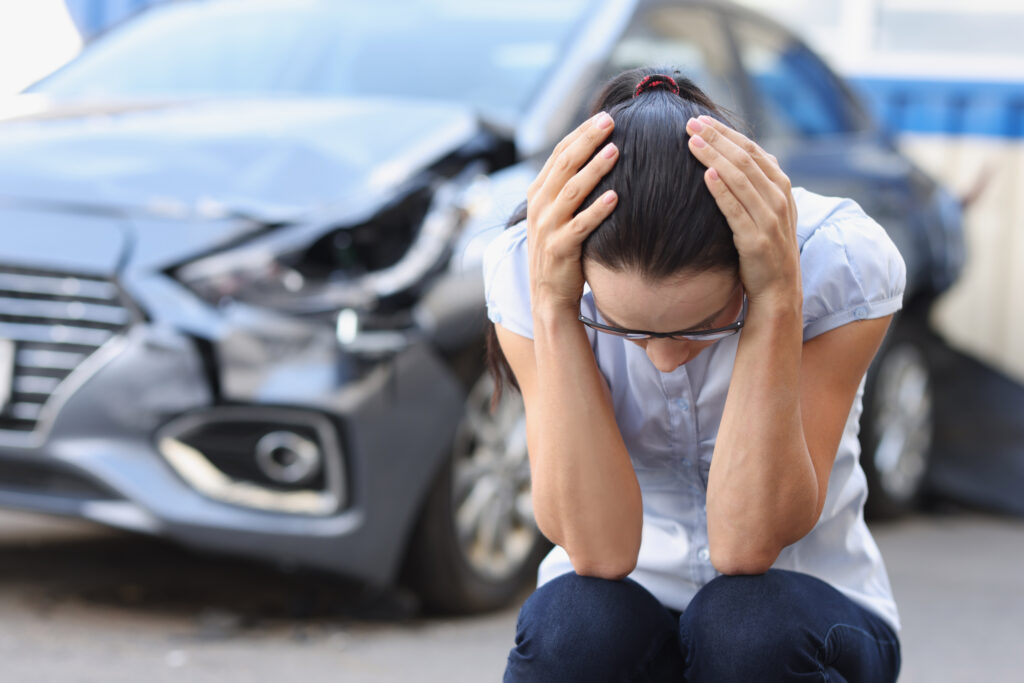
If you are injured in an auto accident in Florida, you typically need to first seek personal injury protection benefits under your own “no-fault” insurance policy. But if you suffer more serious injuries, you are able to go beyond the scope of your insurance and file a personal injury claim directly against the negligent driver who caused your accident. And in some cases you may even be able to sue third parties under Florida’s “dangerous instrumentality doctrine.”
The dangerous instrumentality doctrine is a longstanding rule of Florida common law that was first applied to auto accidents in 1920. The doctrine holds that a “master” is vicariously liable for accidents caused by their “servant.” Since an automobile is considered a “dangerous instrumentality,” the Florida Supreme Court has said that the owner of the vehicle can be held liable when they entrust the vehicle to someone else and they cause an accident.
So how does the dangerous instrumentality doctrine apply to auto accident cases today? Here are three scenarios to consider.
1. Drivers Acting in the Course of Their Employment
Perhaps the most common vicarious liability scenario involves an employee who is driving a vehicle that belongs to their employer. Consider this fairly straightforward hypothetical scenario. A delivery driver is taking a package from their employer’s warehouse to a customer. The driver runs a red light and strikes another vehicle that was lawfully in the intersection. The driver of the other vehicle sustains serious injuries and her damages exceed what is available through her no-fault insurance.
Under this set of facts, the victim could sue the employer under the dangerous instrumentality doctrine. Not only did the vehicle in question belong to the employer, but the driver was their employee. More to the point, the employee was performing a work task for the employer when he caused the accident.
Now, there are a couple of caveats. First, an employer is generally liable only for the negligence of its employees. A company is typically not vicariously responsible for any torts committed by an independent contractor. That said, an employer might be liable under some other theory of liability, such as negligent hiring.
Second, an employer is only responsible for an employee’s actions committed within the scope of employment. For instance, if an employee causes an accident while commuting home from work, the employer generally cannot be held responsible. Similarly, if an employee gets into an accident after clocking out for lunch and they are not driving a company vehicle, the employer is probably not liable.
2. Owners Who Loan Their Cars to Someone
Outside of an employment context, another common vicarious liability situation is someone who simply entrusts their vehicle to another driver who then causes an accident. Think of a parent who lets their teenager borrow his car. The teenager proceeds to drive recklessly and hits someone else.
In this situation, the parent’s insurance policy will still cover any damages from the accident. But the victim can still sue the parent if the insurance coverage is insufficient to cover all of their damages. And the parent cannot avoid responsibility by blaming their kid, because as the vehicle’s owner they are responsible under the dangerous instrumentality doctrine.
That said, a vehicle owner can escape liability if they prove the driver operated the vehicle without permission. In other words, if someone steals a car and gets into an accident, the owner can argue that since they never consented to the thief’s actions, they cannot be held civilly liable for any damages or injuries they caused.
3. Rental Cars
But what if instead of a borrowed car an accident is caused by someone driving a rental vehicle. Can the victims sue the rental company? Under federal law, the answer is “no.”
In 2005, Congress passed a federal highway bill that included a provision known as the Graves Amendment. This amendment states that when the owner of a motor vehicle is a company “engaged in the trade or business” of renting such vehicles, it cannot be held vicariously liable under state law for accidents caused by their customers. There is an exception, however, for cases where the rental company itself engaged in negligence or criminal wrongdoing.
Contact Our South Florida Auto Accident Lawyers Today
The potential liability of vehicle owners and other third parties is just one legal issue that needs to be examined following an auto accident. A qualified Miami car accident lawyer can review your case and advise you of your options. Call Dolan Dobrinsky Rosenblum, LLP, at 305-371-2692 today to schedule a free consultation with a member of our staff.